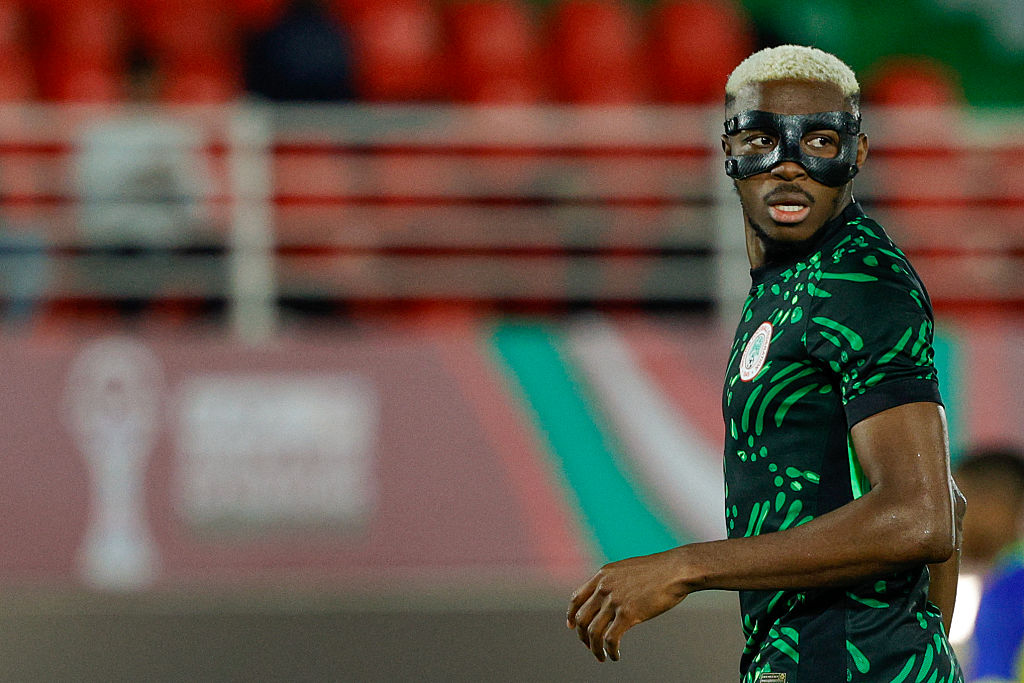Australia bid papers over home cracks
While backed to the hilt by the federal government, the bid has proved controversial, its preparation clouded by bitter wrangling over scheduling and compensation for the dominant codes whose competitions would stand to face major disruptions.
A government-brokered deal fixing a formula for compensation was struck at the eleventh hour this week, allowing Australia to hand its bid book to FIFA by the deadline on Friday with a semblance of cooperation.
However, the Memorandum of Understanding merely papers over the cracks, and allows the rival codes to schedule matches in direct competition with the tournament, opening up the embarrassing possibility of half-empty stadiums as local fans vote with their feet.
"Not negotiable for us, if you wanted to articulate it as a deal-breaker, was that we had to have the ability for our season to play through," Gillon McLachlan, chief operating officer of the Australian Football League (AFL), told Reuters.
"We couldn't just switch off our season for 10 weeks."
BID ACRIMONY
The AFL, custodians of the popular indigenous game Australian Rules, along with the National Rugby League and Australian Rugby Union, have agreed to vacate key stadia for up to 10 weeks should the bid be successful.
The best features, fun and footballing quizzes, straight to your inbox every week.
Their asking price could amount to hundreds of millions of dollars in compensation from World Cup tournament organisers and the government, with the AFL alone claiming up to 90 of their season's games would be affected.
Despite the MOU, the acrimony that played out in the media in the lead-up to the bid's submission has prompted hand-wringing from supporters.
"It would be very unusual for FIFA to be hearing criticism of a World Cup coming to a country which seems hesitant of holding it," Gary van Egmond, men's head football coach at the elite Australian Institute of Sport, told Reuters.
"That would never happen in Europe and most other places in the world."
Football Federation Australia (FFA), football's governing body and architect of the bid, declined to be interviewed, but has shrugged off the attention.
"We have the unified support of the nation behind our bid and we are ready to host the biggest sporting event in the world," FFA chairman Frank Lowy said in a statement earlier this week.
Australia is competing for both World Cups with England, Russia, the United States, Japan and joint bids from the Netherlands/Belgium and Spain/Portugal. Qatar and South Korea, who co-hosted 2002 with Japan, are bidding for 2022.
GRAND AMBITIONS
Grand ambitions on the global stage stand in contrast to troubles on the home front, where the country's domestic soccer competition remains awash in red ink.
The A-League, launched in 2005 with government funding after its predecessor the National Soccer League collapsed under financial strain, is ranked last in local football's pecking order, behind Australian Rules, rugby league and rugby union.
A number of c
